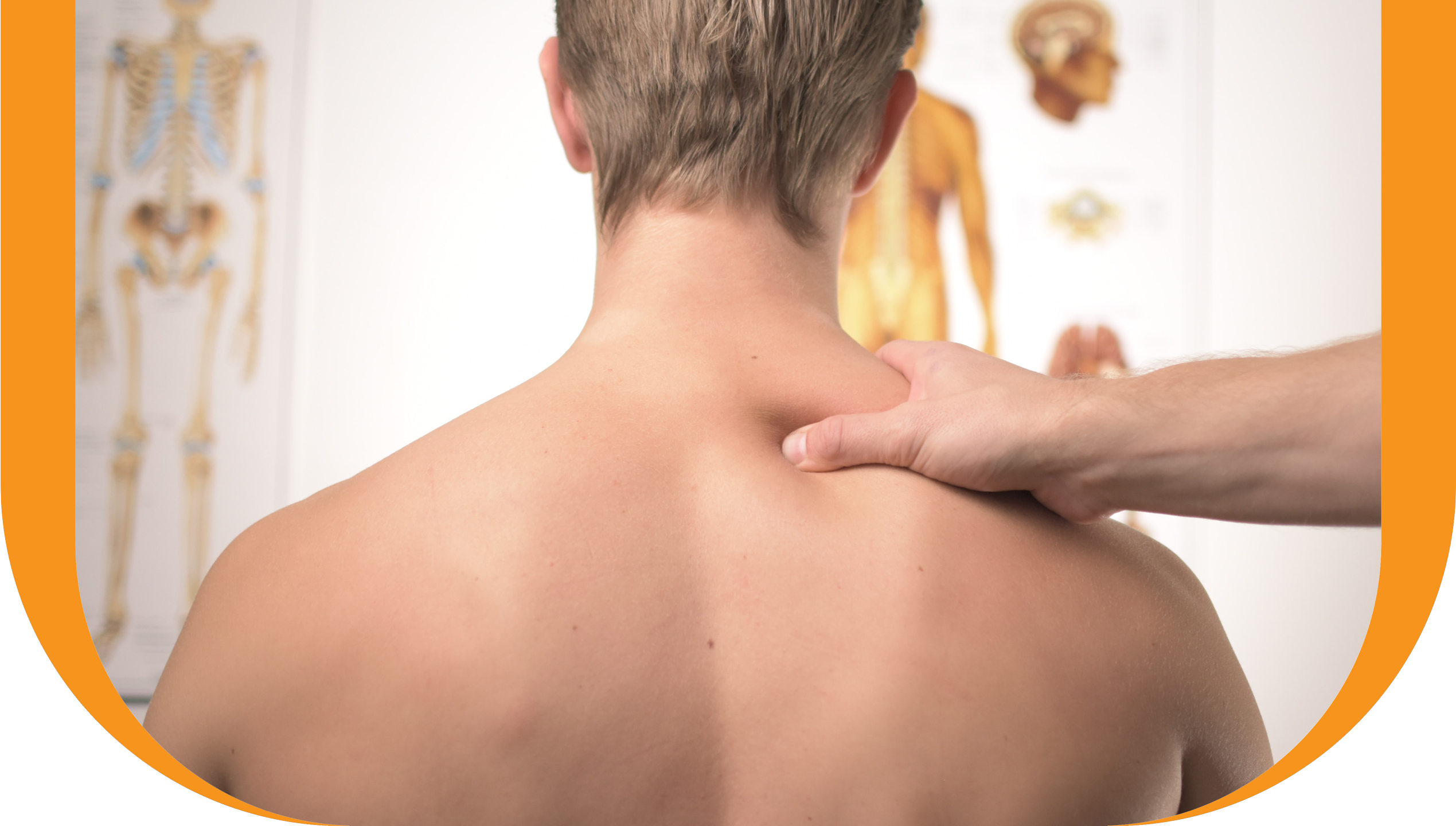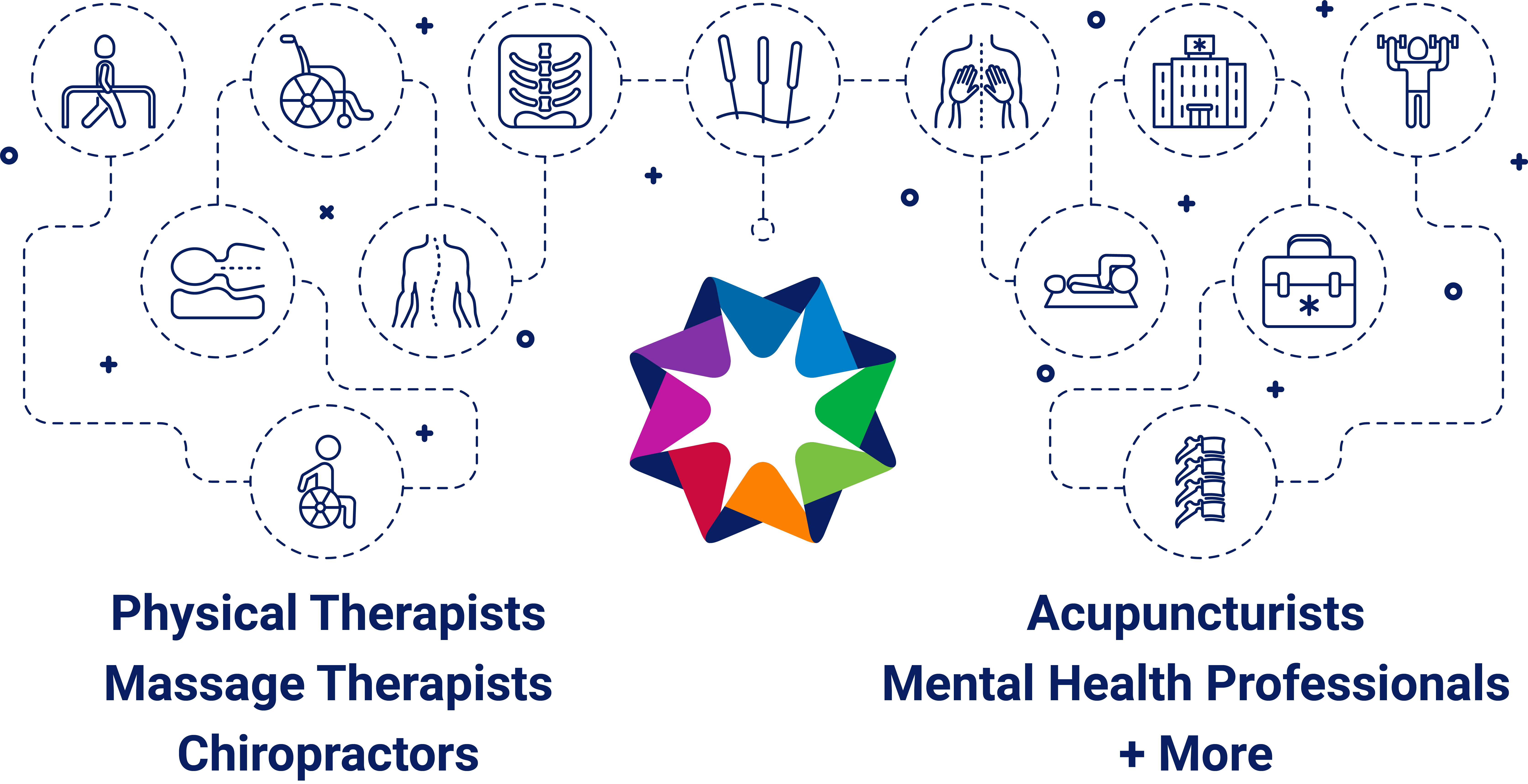Myofascial Pain Syndrome
Myofascial Pain Syndrome:
Myofascial pain syndrome, also known as chronic myofascial pain, is a condition characterized by muscle pain and stiffness. The root of the issue lies in the tightness and sensitivity of the myofascial tissues, the soft tissues that provide support and protection to muscles and organs throughout the body. Even after the initial cause has subsided, myofascial pain can persist and may intensify over time.
Causes of Myofascial Pain:
Tight and sensitive areas in the myofascial tissues can develop due to injuries, repetitive strain, or stress-related muscle tension. Despite the resolution of the initial cause, myofascial pain lingers and may exacerbate.
Signs and Symptoms of Myofascial Pain Syndrome:
Myofascial pain can manifest in various forms and affect different body areas, presenting as muscle knots, reduced flexibility, or pain in the back, shoulders, legs, or hips. Common symptoms include:
- Deep, aching muscle pain
- Persistent and worsening pain
- Enduring muscle knots
- Sleep disturbances due to pain
Treatment for Myofascial Pain:
Various treatment options are available for myofascial pain syndrome, including:
- Myofascial Release: A massage-based treatment targeting trigger points to induce relaxation.
- Dry Needling: Involves using needles to poke trigger points, different from acupuncture with a repetitive in-and-out needle movement.
- Trigger Point Injections: Injection of saline or a local anesthetic into trigger points.
- Medications: Anticonvulsants, muscle relaxants, and nonsteroidal anti-inflammatory drugs for symptom relief.
Myofascial Release at Activa:
Physiotherapy treatments at Activa may include myofascial release, a non-invasive, painless massage of trigger points to alleviate tension and restore proper muscular alignment. Custom treatment plans tailored to individual circumstances may comprise various therapies such as exercises, stretching programs, massage therapy, chiropractic care, acupuncture, custom orthotics, braces, and aqua therapy.
Preventing Myofascial Pain:
To avoid or expedite recovery from myofascial pain, consider the following:
- Maintain proper posture
- Manage weight
- Adopt an active lifestyle
- Follow a healthy diet
- Incorporate stress-management techniques
- Adhere to guidelines for injury prevention during sports and exercise


Cost and Coverage
Like many of our services, our physiotherapy treatments are often covered through employer, auto, or disability insurance. So treatments can be available at little or no cost to you. Get in touch or schedule a consultation to learn more.
